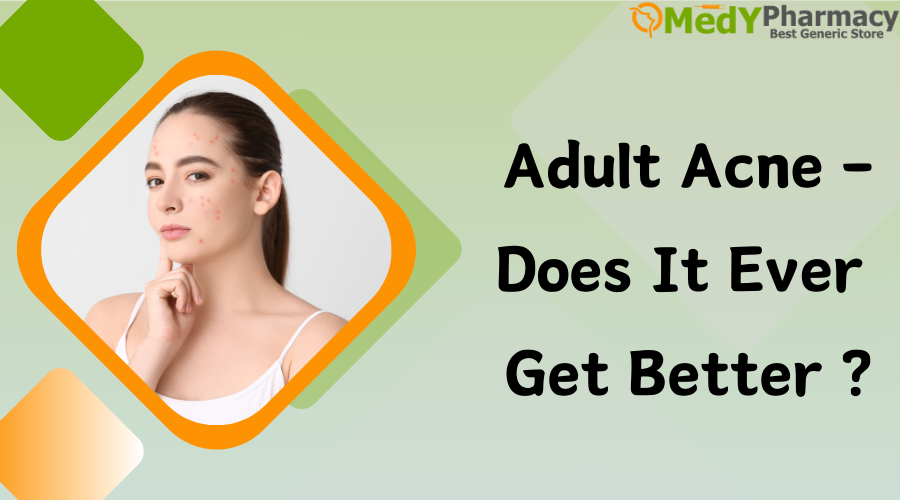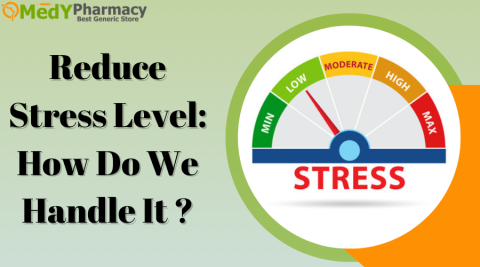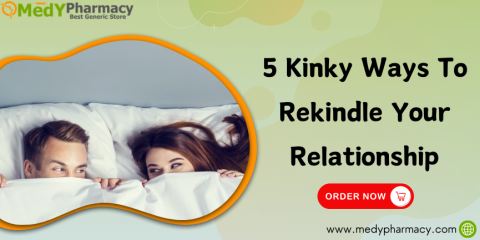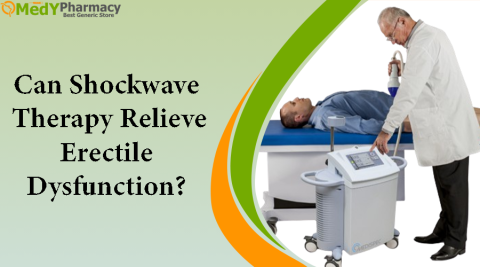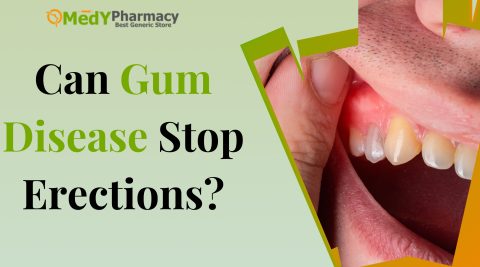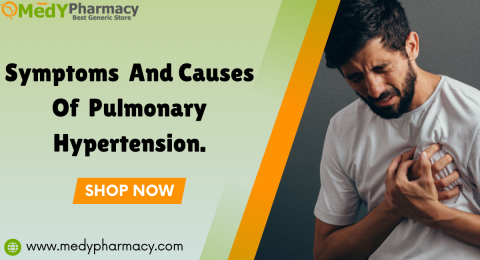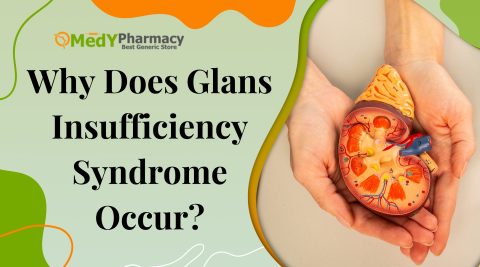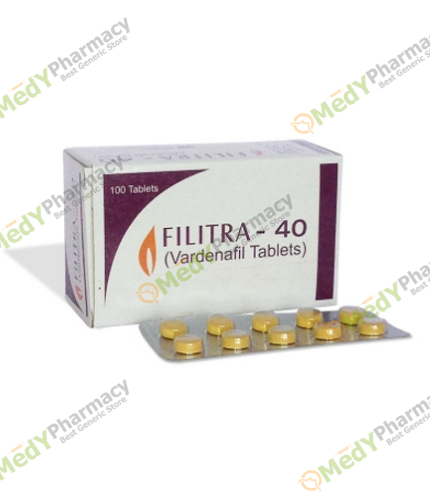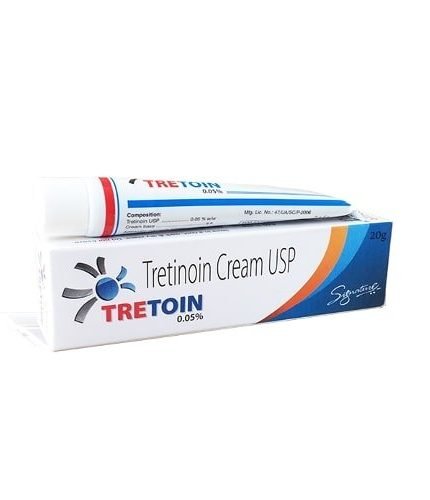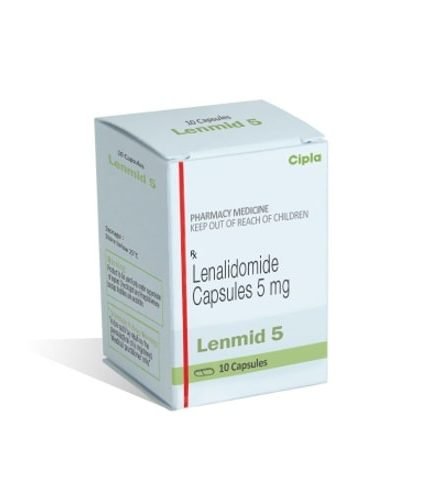Introduction:
Are you prone to breakouts? Skin breakouts are hazardous. When you have breakouts and pimples, you begin pricking them.
As a result, breakouts turn into Adult acne, which is unsightly on the skin. When you have acne, you do everything possible to get rid of it. You seek out various skin care products that claim to help you get rid of acne.
If you believe acne exclusively affects teenagers, you are mistaken. Even adults get acne. Many adults between the ages of 30 and 50 are Adult acne-prone. Pricking acne will cause it to grow more. Adult acne should be addressed as soon as possible. Adult acne may hurt your appearance.
This is defined as breakouts occurring after the age of 25. Adult acne can occur for a variety of causes. Your medical professional will treat acne based on its cause. Fortunately, there are therapeutic alternatives available to help clean your acne. Skin professionals recommend a variety of drugs and therapies to treat acne. Candid B Cream can help with Adult acne.
What is acne?
This is a common skin condition distinguished by the creation of patches.
Some people suffer from mild acne, with merely the occasional patch or eruption. Others suffer from severe acne, which affects vast portions of the face and body.
Male Adult acne is more severe, but female acne is more likely to last longer. Acne is most common among people aged 16 to 18. Adult Acne can also afflict persons who have naturally oilier skin.
Can make you feel awful about your appearance and lower your self-esteem.
Can be mild, moderate, or severe. Severe acne might leave scars.
- Acne vulgaris
- Adult acne
Acne vulgaris primarily affects teenagers and lasts 3 to 5 years.
Hormonal acne is another term for adult acne. This is acne that lasts for more than 18 to 20 years. It can also begin when you reach maturity.
This is an inflammatory skin disorder that can result in greasy skin, patches, and pimples on the face and upper body.
According to research, up to 95% of people have Adult acne at some point throughout their teens as a result of hormonal changes in the body.
- Menstruation
- Menopause
- Polycystic ovary syndrome
- Stress
Continue reading to learn more about treating hormonal acne.
A Look at Adult Acne
According to many skin experts, adults suffer from three types of acne. There are three types of acne: persistent, onset, and recurrent. Adult Acne can take many forms.
Persistent acne refers to acne that begins in adolescence and persists throughout maturity. Adult acne affects persons who did not have acne as children. Acne appears for the first time in maturity in some persons.
People who suffer from recurring acne develop it during their adolescence. However, acne can resurface in maturity after a time of clear skin. Aziderm 20% Cream can be effective in treating acne.
It is critical to understand that adolescent acne can occur anywhere on the cheeks, face, forehead, temples, back, and chest. Adult acne has been found to appear on the face, particularly the jawline, upper lip, and chin.
It is critical to seek treatment for any of the three types of acne. Using the appropriate treatment can help people recover from acne quickly. Melalite 15 Cream might provide rapid Adult acne relief. Using the lotion properly can help acne recover faster.
What Exactly Are The Many Types Of Hormonal Acne?
The type of hormonal Adult acne you have and the intensity of your symptoms may determine how you treat it.
- Whiteheads
- Blackheads
- Papules
- Pustules
- Nodules
Is Adult Acne Distinct From The Acne That Plagued Us As Teenagers?
This is identical to the acne we associate with our teen years. It can also happen in maturity and is extremely prevalent. People typically associate pimples with a raised, pink, and irritated bump, but this is only one variety. “Acne” refers to pimples, blackheads, whiteheads, pustules, and more serious acne, such as nodulocystic acne.
What Causes Acne?
Hormonal shifts, particularly in women, can cause Adult acne. As we age, our estrogen levels frequently decrease. At the same time, male hormones, such as testosterone and dihydrotestosterone, which we all have, rise.
Because our systems have fewer female hormones to block the effects of male hormones, the impacts of those hormones are more noticeable. You may notice an increase in oil production, with the oil generated by your face being thicker. Your pores may appear bigger. This might lead to clogged pores and more acne.
Stress also has a role. Stress can raise levels of hormones such as cortisol. This can cause further inflammation, which can instigate and aggravate acne.
How Is Acne Managed?
Cleansing twice a day is great for eliminating old oil and makeup.
I frequently recommend a topical retinoid cream to open pores and exfoliate the skin. Retinoids also have anti-inflammatory properties and boost the pace at which our skin cells divide. This speeds up the healing process for the skin. Many over-the-counter products include retinoids.
Topical anti-inflammatories, such as Dapsone 100 gel, can also help with acne. Spironolactone, an oral prescription drug, can help to lessen the effects of male hormones. If you want to get rid of Adult acne quickly, chemical peels and blue light therapy can assist.
How to Naturally Treat Hormonal Acne.
Natural therapies can sometimes help treat minor hormonal acne.
However, it is worth noting that data on their efficacy is sparse and mixed. Natural therapies may not be as effective as over-the-counter medications or conventional procedures.
As a result, it is advisable to consult with a doctor about the possible hazards, interactions, and treatment options.
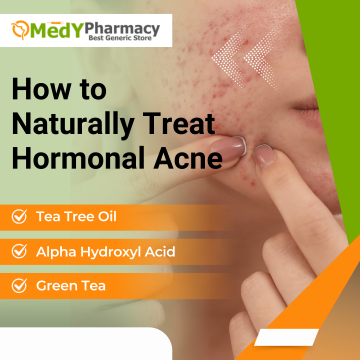
- Tea Tree Oil
Tea tree oil could help reduce Adult acne may be caused by inflammation, bacteria, and oxidative stress, according to a trustworthy source.
This is found in skincare products such as cleansers and toners. Spots can also be treated using tea tree essential oil.
Dilute tea tree essential oil with a small amount of carrier oil before use. Coconut, jojoba, and olive oils are among the most popular carriers. For each one to two drops of essential oil, add around 12 drops of carrier oil.
- Alpha Hydroxyl Acid
Alpha hydroxyl acids (AHAs) are plant acids obtained primarily from citrus fruit. AHAs are a popular natural therapy for eliminating dead skin cells that block pores and reducing the appearance of Adult acne scars.
Many over-the-counter masks and lotions include alpha-hydroxyl acids. AHAs, like retinoids, might make your skin more sensitive to the sun. Sunscreen should always be worn when using AHA-containing products.
- Green Tea
Green tea-based topical treatments can help reduce Adult acne inflammation and blemishes.
You might also try drinking a couple of cups of green tea per day. However, little data exists on the benefits of consuming green tea for Adult acne.
How Does One’s Diet Affect Their Hormonal Acne?
The link between nutrition and hormonal acne is not well known.
According to research, various high-glycemic and dairy diets may influence hormones such as insulin and androgen, resulting in acne.
If you have hormonal acne, you should reduce your sugar, dairy, and refined carb intake, such as white bread and spaghetti.
On the other hand, omega-3 fatty acid-rich foods such as salmon may help reduce inflammation and Adult acne.
Discover the most effective diet and supplements for hormonal acne.
Common Adult Acne Causes
- Hormonal Fluctuations
The primary cause is fluctuation in hormones, such as before a menstrual cycle.
For example, we know that an increase in progesterone production can lead to acne since it stimulates your skin’s sebum production. Androgens, such as testosterone, can increase sebum production, contributing to hormonal acne in persons of all genders.
They are notoriously difficult to treat since topical therapies rarely have a significant effect. Furthermore, because they are so deep, they are more prone to cause scarring if ruptured.
One of the most common reasons for acne is hormone imbalance. Acne occurs during the menstrual cycle for women. Progesterone overproduction can cause severe acne. Males produce more sebum due to androgen hormones.
As a result, hormonal acne develops in men. You may detect such acne on your neck, chin, or back. Hormonal imbalances might lead to cystic acne. Clostaf Cream can help to decrease acne.
- During or after the pregnancy.
- Throughout perimenopause and menopause.
- When you begin or stop using birth control.
- Stress
Chronic stress can play a significant role in skin disorders such as acne, and the hormone cortisol is highly considered to be involved.
Although it is generally known as the “stress hormone,” cortisol is an important chemical that regulates a wide range of biological processes, including the immune, digestive, and neurological systems that influence your mood. Its levels fluctuate naturally with time.
However, when you are under stress, particularly chronic stress, cortisol can begin to work overtime, producing problems with those bodily systems, including skin damage. According to research, it may contribute to Adult acne by fostering an environment conducive to bacteria-driven inflammatory acne.
Chronic stress has a significant impact on acne treatment in both men and women. Experts believe that this is caused by the hormone cortisol. When you are stressed, your adrenal gland produces cortisol. When you are stressed, cortisol goes into overdrive. As a result, it interferes with your skin and may cause acne. Emolene Cream efficiently removes acne from the skin.
- Pollution
The environment might be harmful to your skin. UV rays and air pollution injure the skin. Many specialists feel that pollution might contribute to Adult acne. Pollution and filth restrict the skin’s pores, which causes Adult acne.
Pollution and UV radiation can damage your skin. Sun exposure causes tiny wrinkles and dark patches to form on your skin. It also causes excessive oil production on the skin, resulting in Adult acne.
You may not have considered the impact of your surroundings on your skin, particularly the filth and UV rays outside. “Air pollution simply adds a layer of filth to your face.
However, specialists are still unsure how pollution contributes to acne. Having additional dirt and filth on your face increases your chances of obtaining blocked pores, therefore removing it with a regular cleansing practice is beneficial.
- Cleansing More Often
Acne might result from cleaning your face too frequently. People with sensitive and dry skin should cleanse it once a day. Cleaning your skin frequently increases the likelihood of developing acne. Frequent cleansing might cause skin dryness. As a result, extra oil is produced to compensate, which causes acne.
Overwashing your face might aggravate acne. Although some people with dry or sensitive skin may only need to cleanse once a day, the majority of us should cleanse twice a day using a gentle cleanser. Any more cleansing is usually excessive and might dry up the skin.
Furthermore, exfoliating too frequently or with harsh treatments can harm the skin and aggravate acne. The type of exfoliation you should use and how frequently you should use it is determined by your skin type and primary skin concerns. However, in general, doctors recommend using softer chemical exfoliates rather than scrubs or brushes, which are classified as manual or physical exfoliates.
According to experts, most people should exfoliate no more than three times per week. If you have particularly dry or sensitive skin, exfoliating once a week or every other week may suffice.
- Certain Foods
We’ve all heard that a seemingly endless list of foods, including chocolate, fried meals, pizza, caffeine, and dairy, can cause acne. There is no solid evidence that our food choices significantly affect the severity of acne.
Still, everyone’s skin is unique, and some people report that particular meals cause their skin to respond negatively. So the main rule here is to pay attention to your skin, and if you believe that avoiding particular meals will assist, you can try to eliminate them.
- Health Conditions
Adult acne can sometimes be an indication of another health issue.
Polycystic ovarian syndrome, a hormone-related disorder that causes irregular periods, facial hair, and weight gain, is one prevalent cause of acne. However, because of the irregular hormonal swings that PCOS can induce, it has also been linked to hormonal acne.
Furthermore, drugs such as corticosteroids, lithium, and androgens can produce acne as a side effect. So, if you have any diseases that are treated with those drugs, you are more prone to develop acne.
If you believe your acne is caused by an underlying health issue or medication, you should consult a dermatologist to determine the cause.
- Genetics
If a close relative has experienced adult acne, you may be inclined to develop it as well. Some aspects of your skin, such as the size and prominence of your pores, are determined by genetics.
These hereditary variables may be beyond your control, but you can modify your skin-care program to ensure that your skin has the greatest opportunity. That involves understanding your skin type and using products and steps that work for you, maybe with the assistance of a dermatologist and prescription acne treatments.
How Can Acne Be Treated?
Your doctor would advise you to utilize routine washing twice a day. Using a cleanser twice a day can help remove old oil and makeup. Doctors advise people to take retinoid cream.
It will assist to exfoliate the skin and open the pores. Some topical treatments have anti-inflammatory properties that speed up skin healing. Topical anti-inflammatory creams or gels can assist in getting rid of acne faster. Your dermatologist will instruct you on how to use the topical gel or cream to treat acne.
Another acne cure is to use gentle cleansers. If you have sensitive or dry skin, try a creamy cleanser. For oily skin, a gentle foamy cleanser can be your best option. Treat blackheads with salicylic acid.
What Other Steps Can I Take To Treat Hormonal Acne?
To clear hormonal acne and keep it at bay, you must adopt an adequate skincare routine.
Apply no more than a pea-sized quantity of any acne treatment.
Always wear sunscreen.
To lessen your chances of having clogged pores, use only noncomedogenic cosmetics.
What Steps Should I Take To Prevent Acne?
- Keep new spots from appearing.
- Prevent acne scars from forming.
The following can help prevent spots from getting irritated or leaving scars:
- Wear a wide-brimmed hat and sunscreen to protect yourself from the sun.
- Shampoo your hair frequently, especially if it’s oily and lays on your skin.
- Eat a well-balanced, healthful diet, and exercise often.
- Oil-based makeup or oily sunscreen.
- Overwashing your face or using harsh soaps
- Wear tight clothes over acne-prone regions.
- Squeezing or picking at patches or pimples
Can a Change in Diet Help Acne?
It has been proved that a healthy diet can help with acne. To discourage acne from appearing on your face, you should avoid specific meals. To avoid acne, avoid ingesting sodas, sugary foods, and desserts. A balanced diet with leafy greens and vegetables high in beta-carotene and vitamin C can help keep acne at bay.
These foods have anti-inflammatory characteristics that can help treat acne. To avoid acne, it is best to exclude dairy products from your diet.
Does what you eat aggravate acne?
A generation or two ago, it was assumed that consuming too many sweet or oily foods caused acne. Doctors now know a lot more about why breakouts occur and how to treat them.
There is some evidence that certain diets might cause acne. According to studies published in the Journal of the American Academy of Dermatology, ingesting a lot of dairy products increases the chance of developing acne due to the hormones included in milk, cheese, and yogurt. However, subsequent research has failed to substantiate the theory.
Other research on the association between acne and nutrition has found that a high-glycemic-index diet, such as white bread, waffles, and other carbs, aggravates acne.
Oral medications for Adult Acne
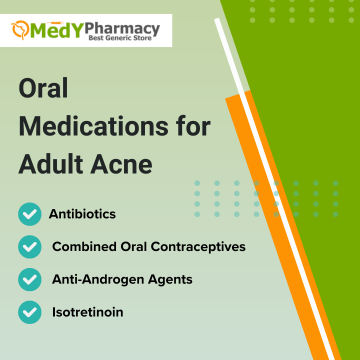
- Antibiotics
Oral antibiotics may be necessary to reduce bacteria in moderate to severe acne. Tetracycline or macrolides are typically used as first-line acne treatments. Macrolides may be a choice for persons who are unable to take tetracycline, such as pregnant women and children under the age of 8.
To prevent antibiotic resistance, oral antibiotics should be administered for as short a time as possible. They should also be used with other medications, such as benzoyl peroxide, to lessen the possibility of antibiotic resistance.
Antibiotics for acne treatment are rarely associated with severe side effects. These medicines make your skin more sensitive to the sun.
- Combined Oral Contraceptives
The FDA has approved four combination oral contraceptives for acne therapy in women who also want to use them as contraception. They are progestin-estrogen-containing products. You may not see results from this treatment for several months, so taking other acne drugs with it for the first few weeks may be beneficial.
Weight gain, breast discomfort, and nausea are among the most common side effects of combination oral contraception. These medicines are also linked to an increased risk of cardiovascular issues, breast cancer, and cervical cancer.
- Anti-Androgen Agents
If oral antibiotics fail, mothers and adolescent girls should try spironolactone (Aldactone). It acts by inhibiting the action of androgen hormones on oil-producing glands. Breast soreness and painful menstruation are among the potential side effects.
- Isotretinoin
Isotretinoin is a vitamin A-derived compound. It may be administered to those with moderate or severe acne who have not responded to prior therapies.
Oral isotretinoin may cause inflammatory bowel illness, depression, and serious birth abnormalities. All patients taking isotretinoin must follow an FDA-approved risk management regimen. They’ll also need to see their doctors frequently to watch for adverse effects.
What Are Any Additional Acne Treatment Options?
- Blemishes can be treated with laser or other light-based therapy.
- Chemical peels for removing dead skin cells
- Surgical removal of big cysts that cannot be managed with drugs.
- Anti-inflammatory cortisol injections for cysts
- These treatments can be administered in the doctor’s office or as an outpatient at a hospital.
Some people treat their acne with natural remedies such as tea tree oil or alpha hydroxy acids. Many of these treatments’ long-term efficacy and toxicity are unknown. Acne treatments and creams contain several natural components. Consult your doctor to discover if they are good for you.
When Should You See A Dermatologist?
If your acne lasts for several months or produces scars, you should seek medical help. If topical therapies do not prove successful, you should consult a dermatologist. If your acne is always bothering you, see your dermatologist right away.
Acne treatment is vital for keeping the condition at bay. If your acne symptoms last for several weeks, see your doctor. Your doctor may prescribe drugs to help you get rid of acne.
However, almost all acne may be treated effectively. It’s all about choosing the best Medypharmacy for your needs.







